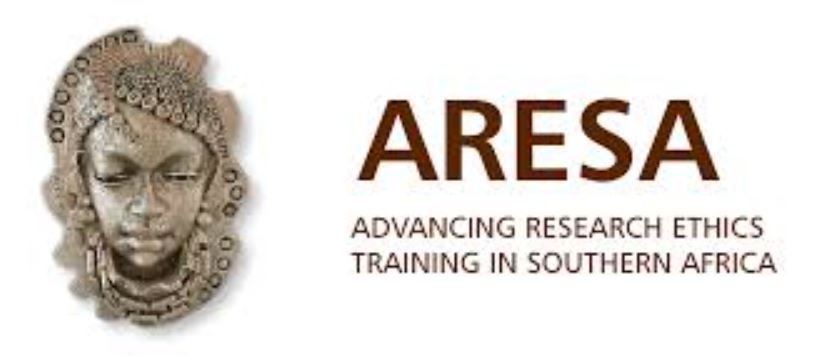MEDICINE AND THE LAW

Authors:
- Joseph Ochieng1,2*;
- Betty Kwagala3;
- John Barugahre4;
- Marlo Möller5;
- Keymanthri Moodley2
Corresponding author
Joseph Ochieng; Department of Anatomy, School of Biomedical Sciences, College of Health Sciences, Makerere University. P.O Box 7072, Kampala Uganda.
Feedback of Individual Genetics and Genomics Research Results
Research Results: A Qualitative Study Involving
3 Grassroots Communities in Uganda
Background:
Genetics and genomics research (GGR) is associated with several challenges including, but not limited to, implications of sharing research findings with
participants and their family members, issues of confidentiality, determining
appropriate methods for providing genetic or genomic information to individuals tested, and ownership of DNA obtained from the samples. Additionally, GGR holds significant potential risk for social and psychological harms.
A considerable amount of research has been conducted with resultant literature and
global debate on return of genetic and genomics testing results, but such investigations are limited in the African setting, including Uganda.
The objective of the study was to assess perceptions of grassroots communities on if
and how feedback of individual genetics and genomics testing results should be carried out in a Ugandan setting.
Methods:
This was a cross-sectional study that employed a qualitative exploratory approach. A total of 42 individuals from grassroots communities representing three major ethnic groupings participated in five deliberative focus group discussions. Data were analysed through content analysis along the main themes of the study. NVivo software (QSR international 2020) was used to support
data analysis and illustrative quotes were extracted.
Results:
Of the 42 respondents 23 (55%) were male with an age range of 18-77 years. Most (70%) were small scale farmers, and the majority were Christians, who were married and had children. They all lived in a rural community in one of the three
regions of the country and had no prior participation in GGR. All the respondents were willing to undergo genetics testing and receive feedback of results with the main motivation being diagnostic and therapeutic benefits as well as facilitating future health planning. Content analysis identified three themes and several sub-themes including
- the need to know one’s health status;
- ethical considerations for feedback of findings and
- extending feedback of genetics findings to family and community
Conclusion:
Participation in hypothetical genetics and genomics research as well as feedback of testing results is acceptable to individuals in grassroots
communities. The strong therapeutic misconception linked to GGR is concerning and
has implications for consent processes and genetic counselling. Privacy and
confidentiality, benefits, risks as well as implications for sharing need to be considered for such feedback of results to be conducted appropriately.
Key words:
Feedback, Individual Genetic and Genomic Research Results,
Grassroots Communities


